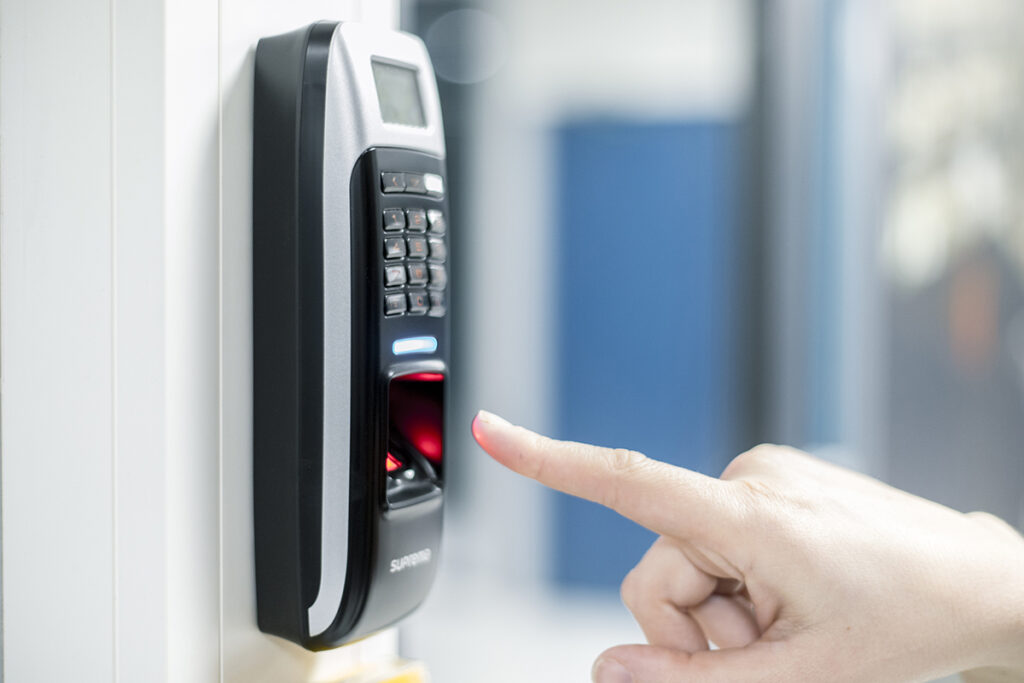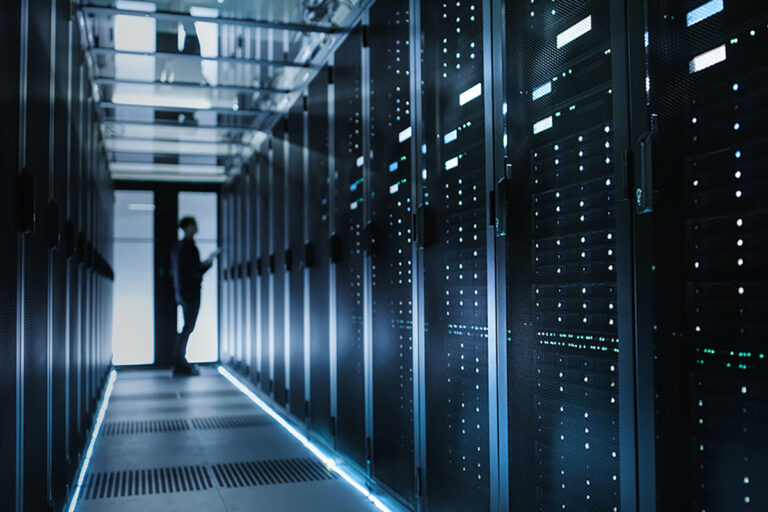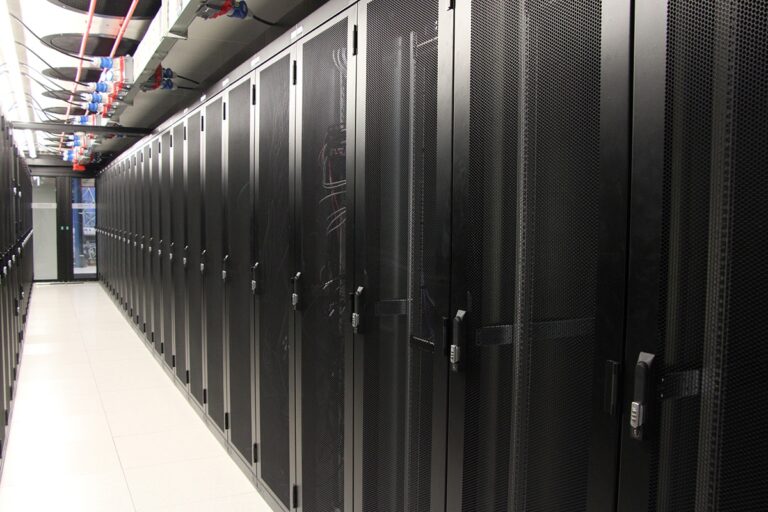
Powering the Future: Data Center Sustainability and Efficiency
Smartdc invited Managing Director Richard Boogaard and Dutch Data Center Association MD Stijn Grove to discuss the sustainability efforts in place in the Dutch data center industry, with a special focus on innovative practices such as Smartdc Rotterdam’s heat pump project.


